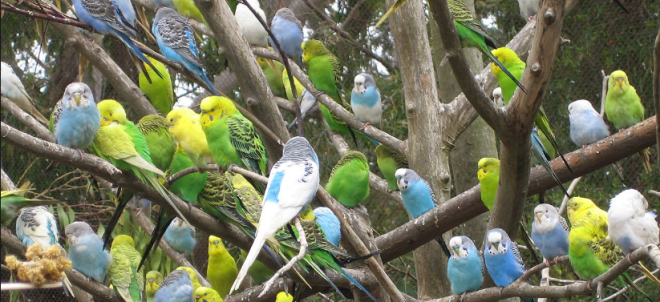Today we’re looking at:
- live chats on Twitter
- organizing our own #UofT10DoT Day 10 live chat – don’t forget, it’s tomorrow (Nov. 29), 12:10-1:00
- teaching with Twitter
Housekeeping
If you’re not able to attend the live chat but still want GPS credit, please DM us @UofT10DoT to set up alternative arrangements (e.g. answering the questions at a later time).
Live chats
A live chat on Twitter (aka a Twitter chat or tweet chat) is a conversation which takes place synchronously, in real time. A live chat may of course break out spontaneously, but the term more often refers to an organized affair, with moderators or leaders and a pre-set time, topic and hashtag. It may be a one-off or a regularly held “meeting.” The moderators generally use questions or prompts (typically four or five) to get the conversation rolling, and may ask the group for suggestions beforehand. Here are two examples of regularly scheduled chats:
- MedEdChat – it takes place on Thursdays, so you could see it in action tonight if interested IF it wasn’t cancelled for American Thanksgiving – next chat Dec. 5
- DLNchat Digital learning Network – every second Tuesday
- LTHE Tweetchat – learning and teaching in higher ed – on Wednesdays, so take a look at yesterday’s
- #critlib – critical librarianship on Twitter and in person
Livechats can be fast and furious, but a great way to discuss, make new contacts (and get followers) and share experiences. A key rule to remember is use the hashtag – otherwise your contributions to the conversation will be invisible except to your followers (yes, this seems obvious but it’s easy to forget in the rush to reply). After the fact, the chat is often curated (we’re going to try Wakelet; previously it was Storify), with the link tweeted out so anyone interested can catch up with what was discussed. Unfortunately, a lot of chats that were previously Storified have simply disappeared.
When you arrive in the chat, say hello (unless you want to lurk – not applicable to the #UofT10Dot chat, though). If you’re chatting with strangers, you may be asked to introduce yourself, say a few words about who you are, where you’re from (in an academic conversation, often your institution) and/or why you’re there. The moderators will ask the questions one at a time and allow the group to respond.
How do you find out about live chats? Moderators promote Twitter chats in advance, so you may find them through your regular Twitter feed or through particular hashtags. You can try searching on “Twitter chat” in the Twitter search bar, though you will likely have to wade through a lot of irrelevant material. And of course, you can always ask!
#UofT10Dot live chat: Nov. 29, 12:10-1:00
- Moderators: @EvelineLH (tweeting on @UofT10DoT) & @JesseCarliner
- We’re going to use Wakelet to curate the chat
- Questions: do you have any questions you’d like us to discuss as a group? Please tweet your suggestions. We’ll post the questions in the Day 10 blogpost and again during the live chat.
Further reading
Twitter chats – why are they useful and how do they benefit academic staff
Top #Twitter chat tips for academics
Teaching with Twitter
You’ve now all experienced taking a workshop and learning via Twitter. We’d love to hear what you thought of the experience–possibly in the live chat? We’ll also do a follow-up survey.
If you think you might want to use Twitter in your own teaching, whether in an academic or professional setting, here are some suggestions to inform and inspire you. Have some other suggestions? We’d love to see them!
Tweeting in higher education: Best practices (EDUCAUSE)
ProfHacker:
- A framework for teaching with Twitter
- Practical advice for teaching with Twitter
- Disposable Twitter accounts for classroom use
- Live-tweeting classes: Some suggested guidelines
- Live-tweeting assignments: To use or not to use
Gradhacker: 7 Things I Learned from Teaching with Twitter
Twitter in the Classroom: Early African History – ”How did it go? What did I learn?”
Teaching with Twitter: How the social network can contribute to learning – “The important question to ask regarding e-learning is: What does an online space make possible by way of teaching that my class couldn’t do face-to-face?”
However, remember this caution, discussed on Day 1:


